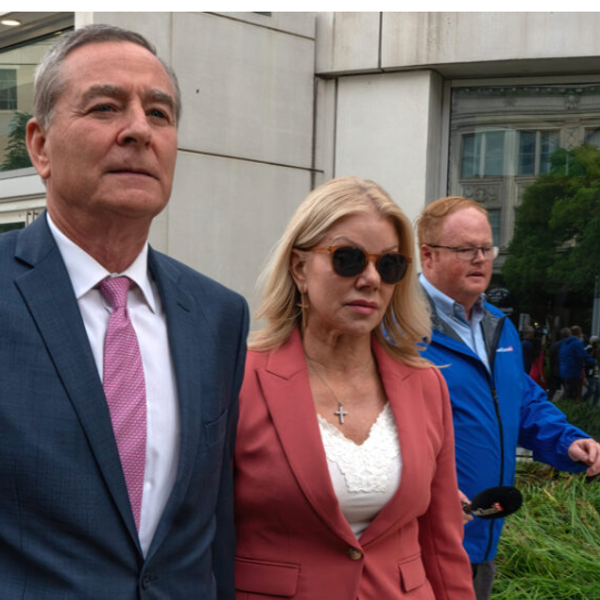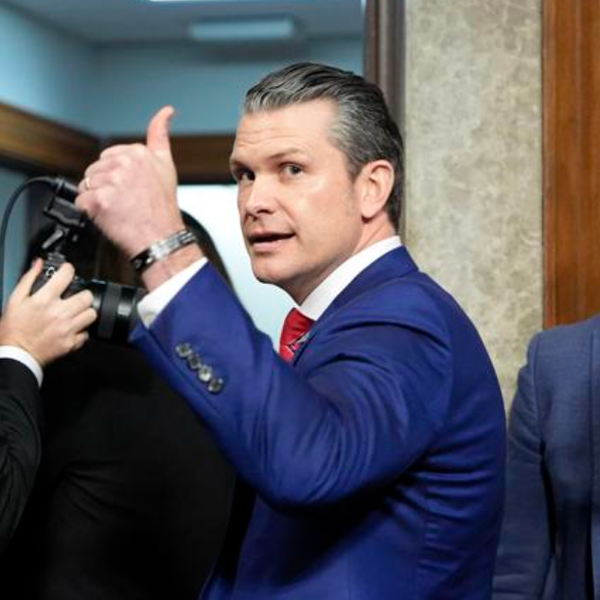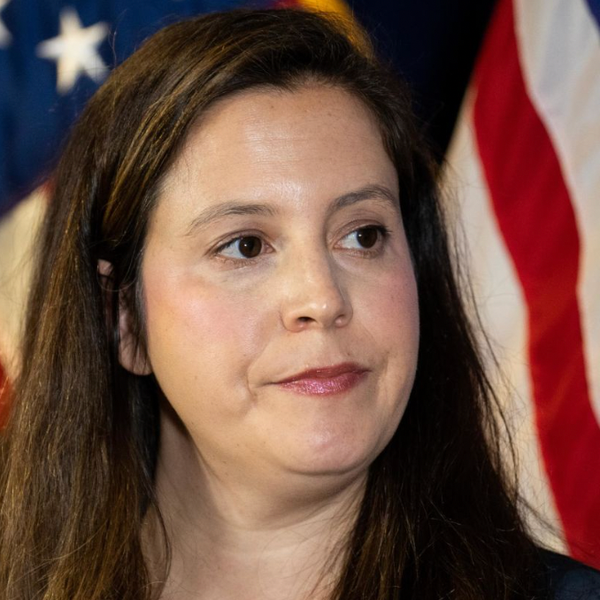
WASHINGTON — By laying out a long-term foreign policy vision in a speech at West Point on Wednesday, President Obama challenged his critics, at home and abroad, not to speak in vague terms about American “decline” or “weakness” but to answer the question: Exactly what would you do differently?
This is as close as we have gotten to an Obama Doctrine, and here it is: The United States “will use military force, unilaterally if necessary, when our core interests demand it — when our people are threatened; when our livelihoods are at stake; when the security of our allies is in danger.”
But in other cases, “when issues of global concern do not pose a direct threat to the United States … we should not go it alone.” Instead, Obama said, “we must mobilize allies and partners to take collective action” and “broaden our tools to include diplomacy and development; sanctions and isolation; appeals to international law and — if just, necessary, and effective — multilateral military action.”
In 2008, Obama won his party’s nomination and the election as a pragmatic anti-war candidate specifically protesting our intervention in Iraq. He declared in 2002 that he was opposed not to all wars, but to “a dumb war.” It was clear on Wednesday that it remains a source of pride to him that he has brought what he called “a long season of war” to an end.
And he was unabashed in insisting that “some of our most costly mistakes came not from our restraint, but from our willingness to rush into military adventures — without thinking through the consequences.”
Responding, perhaps in frustration, to a wave of reproach that has descended upon him because of his reluctance to use American military power, he offered this riposte: “Tough talk often draws headlines, but war rarely conforms to slogans.”
Here was Obama throwing down the gauntlet to his foes. His address should force a reckoning with a key issue: Americans, by all the evidence of the polls, are skeptical of military action abroad. They reached this point not because they have undergone some large philosophical or ideological conversion. Rather, they arrived at a practical judgment after the experience of two long wars that failed — particularly in the instance of Iraq — to produce the results their supporters promised. It was the same after Vietnam: Most Americans now have a much higher bar for when they would be willing to commit lives and treasure overseas.
The war weariness the country feels is thus not Obama’s creation. His election was itself a response to that weariness. His foreign policy reflects a determination to move the country not to isolation but to the more measured approach to military intervention practiced during the presidencies of both George H. W. Bush and Bill Clinton.
Those in the U.S. and elsewhere who have faulted Obama won’t be persuaded by the pains he took to locate himself in a middle ground between isolationism and hyper-interventionism. They may like hearing him say that the United States is “the one indispensable nation” that “must always lead on the world stage,” but many of them won’t be convinced that he means it.
The president is right to argue that the United States “has rarely been stronger relative to the rest of the world” and to take on those who “suggest that America is in decline.” Yet the ghost of declinism haunts the international stage and will not be exorcized easily.
This speech should be an opening bid. Obama’s efforts should be aimed less at moving those domestic opponents who will never be assuaged than making plain to the rest of the world that the United States really does have a vital interest in promoting the “international norms” the president extolled, and in fostering conditions conducive to a “world of greater freedom and tolerance” that “helps keep us safe.” It also means paying close attention to how policy is implemented, avoiding mixed signals of the sort that characterized last fall’s Syrian crisis.
As for the president’s critics, they have an obligation to answer his challenge. Those who believe that the United States should underwrite a world order friendly to our values and interests need to accept that the promiscuous deployment of American troops abroad is the surest way to undermine support for this mission at home. In calling for restraint and realism — and by insisting on raising the threshold for wars of choice — Obama may yet prove himself to be the best friend American internationalists have.
E.J. Dionne’s email address is ejdionne@washpost.com. Twitter: @EJDionne.
AFP Photo/Jim Watson
Want more political analysis? Sign up for our daily email newsletter!








